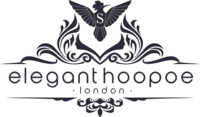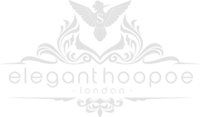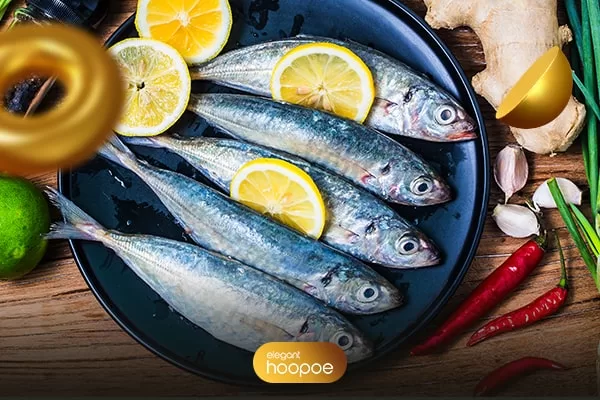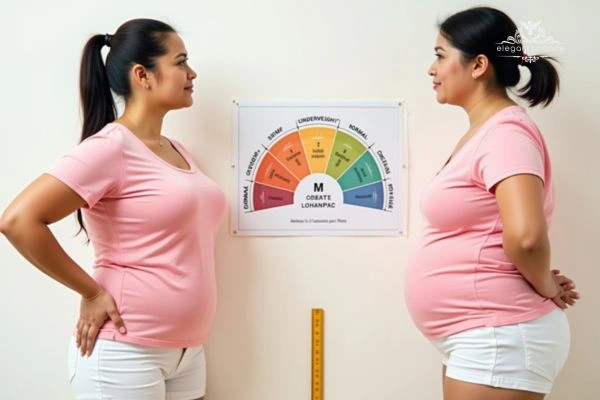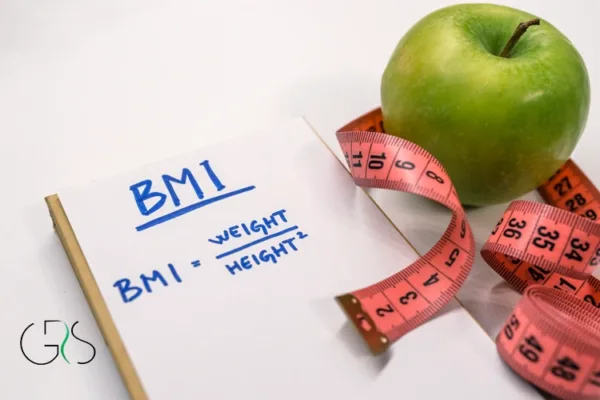Can a Pescatarian Diet Help You Lose Weight and Improve Health?
Yes, a pescatarian diet can support weight loss and overall health when followed correctly. By replacing high-fat meats with lean fish and focusing on whole, plant-based foods, it helps reduce calorie intake while providing essential nutrients like omega-3s and fiber. Key benefits include:
- Heart Health: Omega-3-rich fish support cardiovascular function.
- Cancer Prevention: Research suggests it may lower colorectal cancer risk.
- Diabetes Management: High fiber and healthy fats aid blood sugar control.
- Weight Loss Potential: Lean proteins and whole foods promote satiety.
However, weight loss isn’t guaranteed—avoiding processed foods and maintaining a balanced diet are essential.
If you are willing to quit red meat, poultry, or any kind of meat but still would like to continue consuming fish, or if you are planning to adopt vegetarianism but would like to enjoy more protein than from plants alone, then a pescatarian diet is the best for you. This diet is more of a life cycle system obtained from the vegetarian diet but incorporates the nutritional values of fish and seafood products.
When you choose to be a pescatarian, it means you’re a vegetarian who also eats fish and seafood. This way of eating gives you the benefits of both plant-based foods and nutritious fish. A pescatarian diet can be a healthy choice when done right, as it combines the goodness of a plant-based diet with the nutrients from fish. In this article, you will learn about the possible health advantages of the pescatarian diet and the meals you’re allowed to eat on this versatile eating plan.
Related article: How to use chia seeds for weight loss?
Pescatarian Diet Benefits
Cleveland Clinic talks about pescatarian diets’ benefits a lot, based on such research with point out three important ones for you:
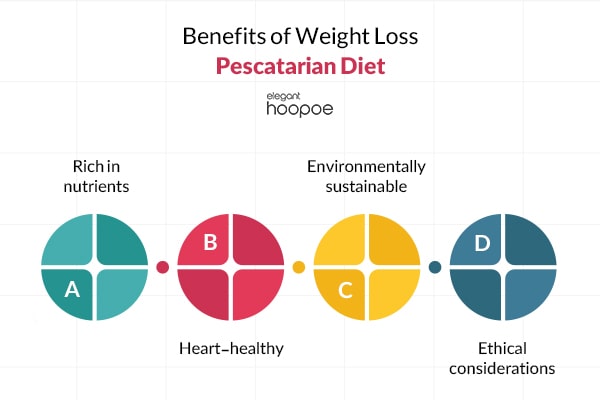
1.Better Heart Health
One alternative is to replace unhealthy meats with fish, making the pescatarian diet plan a heart-healthy diet. Fish, mainly fatty fish such as salmon, herring, and trout, contain omega-3 fatty acids that benefit the heart and blood vessels. Omega-3s are associated with reduced probabilities of high blood pressure, blood clots, and sudden cardiac arrest. Plant-based foods consumed in a pescatarian diet are also rich in antioxidants, which benefit the heart.
2.Reduced Cancer Risk
This may mean that a pescatarian diet can reduce the risks of developing colorectal cancers. In one longitudinal study of the incidence of colorectal cancers, it was observed that pescatarians recorded a very high protective effect compared to non-vegetarians.
3.Improved Diabetes Management
A pescatarian diet might benefit diabetes due to the fiber, antioxidants, and healthy fats in the food recommended for diabetic individuals. Fish and plant foods contain more fiber, phytonutrients, and omega-3 fatty acids, all of which are beneficial components for health.
4.Weight Loss Support
The pescatarian diet is one of the most effective diets for weight loss. Eating lean protein foods like fish instead of high-fat foods may reduce fat. Nonetheless, it would be wrong to assume that all caloric intake will be reduced if one becomes a vegetarian. Eat foods naturally, such as fruits, vegetables, nuts, seeds, and whole grains, for better health.
See also: Eating raw garlic before bed

Pescatarian Diet Plan for Weight Loss Limitations
Every diet has its limitations, and you must seek professional advice from nutritionists to understand every aspect of the diet before starting it. For a fish diet plan like this, below are the typical limitations:
Suboptimal nutrient intake:
However, due to the limitation, the diet may meet essential nutrients. The problem is that several foods must be avoided, which means one may need more iron, zinc, vitamin B12, calcium, and omega-3 fatty acids.
Mercury exposure:
Pregnant women and young children should not eat mercury-rich fish, such as shark, swordfish, king mackerel, and tilefish. Generally, the risk of consuming fish is considered benign for most people and can be beneficial, but limits high-mercury fish.
Potential weight loss:
- Thus, consuming pescatarian meals is adequate for weight loss but does not guarantee weight loss. Ingesting too many processed foods or failing to obtain sufficient daily calories from whole-source, nutrient-dense meals will result in weight loss.
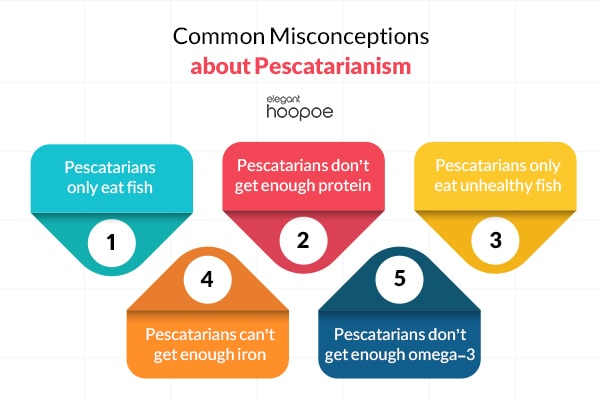
Can a Pescatarian Diet Promote Weight Loss?
Does the above eating plan and nutritional recommendation support the adoption of a Pescatarian Diet plan as a form of weight loss? The short answer is yes; A pescatarian diet plan may help you with weight loss in a few ways, such as:
- substituting high-fat meats with lean fish.
- Replacing some of the refined foods with fiber foods such as fruits, vegetables, whole grains, and legumes that create fullness.
- Offering lean fats from fish, nuts, seeds, and plant oils, which tend to fill refined carbs and sugars more.
But before you get your hopes high about losing that spare tire you have been nursing for years, note that following a pescatarian diet plan does not necessarily mean you will shed some weight.
Suppose an individual consumes many processed foods, does not obtain adequate calories from whole foods, or consumes many high-calorie pescatarian meals, such as fried fish, creamy sauces, or sugary snacks. In that case, he might not lose weight or gain some weight in the process.
To maximize weight loss on a pescatarian diet, focus on To maximize weight loss on a pescatarian diet, focus on:
- Consuming large quantities of fruits, vegetables, whole grain cereal products, pulses and nuts, and seeds
- Selecting light eateries (lean proteins) with fish, shellfish, tofu, tempeh, and eggs.
- Reducing intake of foods(processed food) with additives, preservatives, and deep-fried foods containing excessive sugar.
- Drinking a lot of water and putting some effort into being more active.
Pescatarian Diet Pros and Cons
Entering Pescatarian recipes into your diet plan and continuing a routine based on them have pros and cons. You can confidently take steps to this Mediterranean diet by knowing the advantages and disadvantages:
Pescetarianism Advantages
- It includes the benefits of a diet of vegetables and fruits with the intake of omega-3-rich fish.
- It appears to be more different and quite flexible compared to the vegetarian or vegan diets.
- It may decrease its tendency to have heart disease, cancer of the particular form, and diabetes.
- It can reduce overall body weight when applied with other healthier meals.
Pescetarianism Disadvantages
- Implies special attention to the intake of such microelements as iron, zinc, vitamin B12, calcium, and omega-3 fatty acids
- It’s necessary to Notes minimize the consumption of high-level mercury fish for pregnant women and young children.
- It doesn’t promote weight loss if a low-calorie, whole-food diet does not accompany it.
- Such diets may be more expensive and less convenient than non-vegetarian nutrition.
After all these, if you want to start adding this diet to your healthy lifestyle, we have some advice for beginners:
Weight
Height
Age

Beginner tips for starting the diet
If you’re new to eating healthy(Seafood nutrition), start with these seven tips:
- You should start gradually by changing the meat dishes to those containing fish and seafood.
- Emphasis should be placed on the intake of an unrefined, least processed diet, including fruits, vegetables, whole grains, beans, nuts, seeds, and oils.
- To balance these nutrients, sample fish should include salmon, tuna, sardines, mackerel, and shellfish.
- Pescatarian cookbooks can be used to identify general meals and recipes to follow.
- Some supporters of pescatarian diets may experience challenges figuring out the correct times to eat their meals and snacks, so it is wise to have a timetable that guides the timing of consuming meals and snacks, bearing in mind that these should be pescatarian-friendly foods.
- If you cannot get the above nutrients from your food, you might need to supplement with omega-3s, iron, zinc, vitamin B12, and calcium.
- Drink plenty of water and exercise as much as possible to enhance health objectives.
Indeed, owing to its imposing framework, the pescatarian diet can be healthy and versatile if well-managed. The above principles of whole foods, enough nutrients, and being active are helpful as they are healthy.
See also Carnivore diet
How to Stay Consistent with a Fish Diet
Are you worried, if a fish diet is sustainable? Well, Yes! It can be easier when you incorporate variety and balance into your meals. Explore different types of fish like salmon, trout, and shellfish, along with all your favourite plant-based foods to keep your meals exciting and nutrient-rich. You can create a meal plan and prepare ahead to reduce using processed or convenience foods. Remember to prioritize sustainability by choosing low-mercury fish and eco-friendly options.
Comparing the Pescatarians Diet to Other Popular Diets
| Diet | Description | Protein Source | Macronutrient Ratio | Pros | Cons |
| Pescatarian | A diet that includes fish and seafood | Fish, seafood | Balanced | Rich in omega-3s, low in saturated fat, may reduce risk of chronic diseases | Limited sources of protein, potential for mercury and other contaminant exposure from seafood |
| Vegetarian | A diet that excludes meat and fish | Dairy, legumes | Balanced | May reduce risk of chronic diseases, environmentally sustainable | Limited sources of protein, potential for nutrient deficiencies |
| Vegan | A diet that excludes all animal products | Legumes, tofu | Low in fat, high in carbs and fiber | May reduce risk of chronic diseases, environmentally sustainable | Limited sources of protein, potential for nutrient deficiencies, may require careful planning to ensure adequate nutrient intake |
| Mediterranean | A diet based on traditional Mediterranean foods | Fish, poultry | Balanced | May reduce risk of chronic diseases, rich in healthy fats and fiber | Limited sources of protein, may be high in calories and fat |
| Paleo | A diet based on what humans ate during the Paleolithic era | Meat, poultry, fish | High in protein and fat, low in carbs | May lead to weight loss, may improve blood sugar control | Limited sources of carbs, potential for high intake of saturated fat and cholesterol |
| Keto | A high-fat, low-carb diet | Meat, fish, eggs | High protein, low-carbohydrate | May lead to weight loss, may improve blood sugar control | Limited sources of carbs, potential for nutrient deficiencies, may be difficult to sustain long-term |
Note: Each of these diets has different health benefits and potential drawbacks. Choosing the right diet depends on individual needs, goals, and preferences. Each diet may be more or less suitable for different individuals depending on their health status, lifestyle, and personal preferences. It’s always best to consult a healthcare professional before starting a new diet.
